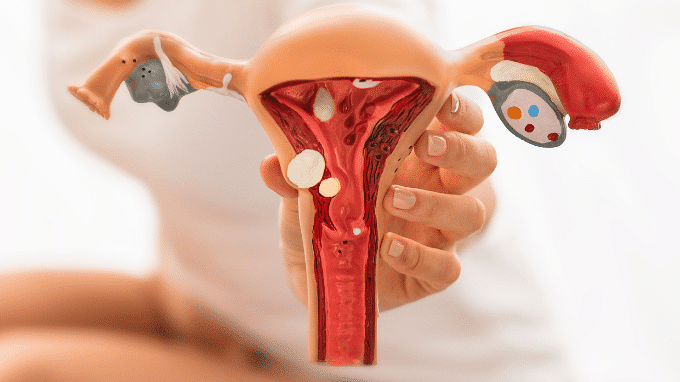A recent study suggests that royal jelly from bees may help boost fertility by promoting ovarian follicle growth, increasing their size and quality. At birth, a female infant's ovaries already cont...
Royal Jelly for Ovarian Follicle Growth


A recent study suggests that royal jelly from bees may help boost fertility by promoting ovarian follicle growth, increasing their size and quality. At birth, a female infant's ovaries already cont...

Endometriosis is a painful fact of life for many women. This article will discuss some useful, unique ideas that you can try to ease endometriosis pain. What is Endometriosis? Endometrium is the med...

Cannabis is perceived to have little impact on fertility. According to researchers, the substance has a detrimental effect on both men’s and women’s fertility. Many people believe that marijuan...

Primary ovarian insufficiency occurs when the ovaries start producing inadequate levels of the hormone estrogen or don’t yield fertile eggs on a consistent monthly basis. This condition has also...

Infertility, according to the World Health Organization is “a disease of the reproductive system defined by the failure to achieve a clinical pregnancy after 12 months or more of regular unprotected...

If you have polycystic ovary syndrome and want to improve your fertility, you have options. Among them are yummy and healthy smoothies to help with PCOS. Even if you don’t want to get pregnant bu...

This article will explore and explain the often puzzling link between thyroid health and infertility in both men and women. What Is the Thyroid Gland? The thyroid is a butterfly-shaped gland located...

If you are having trouble conceiving, you're not alone. It's worth exploring the infertility rates in the U.S. to see what can help when you want a baby. What Leads to the Infertility Rates in the U....
Subscribe to our free newsletter on the topics Fertility Health, Fertility Supplements, and Reproductive Sciences.